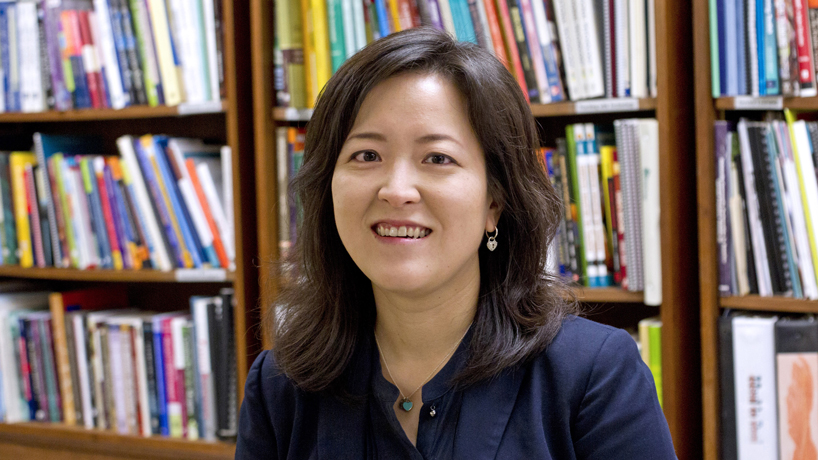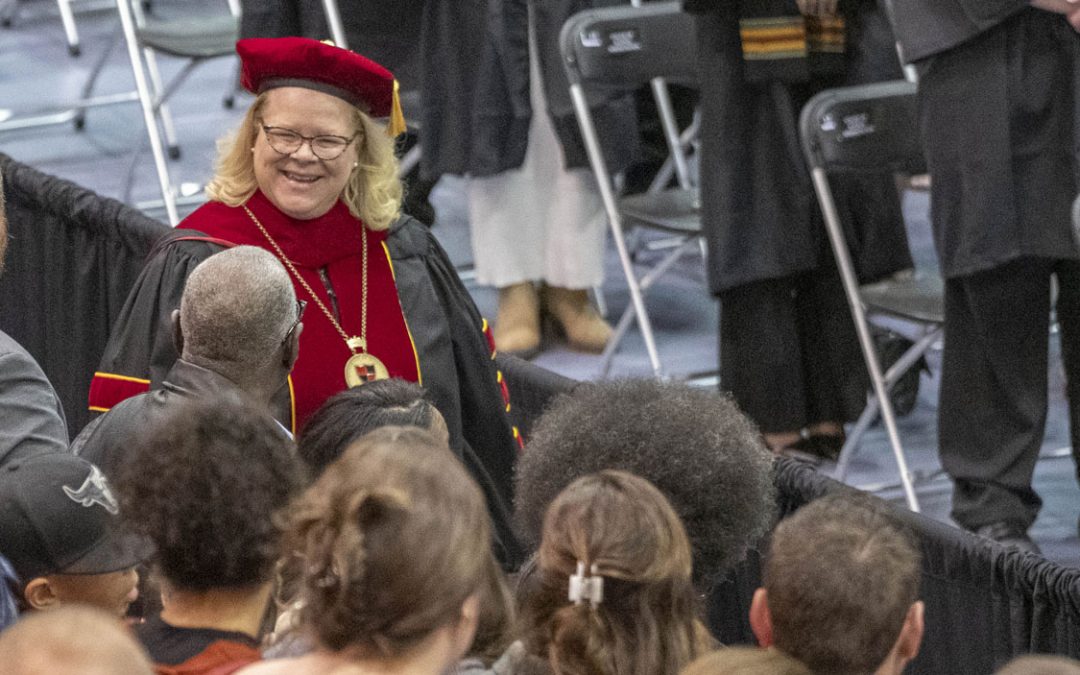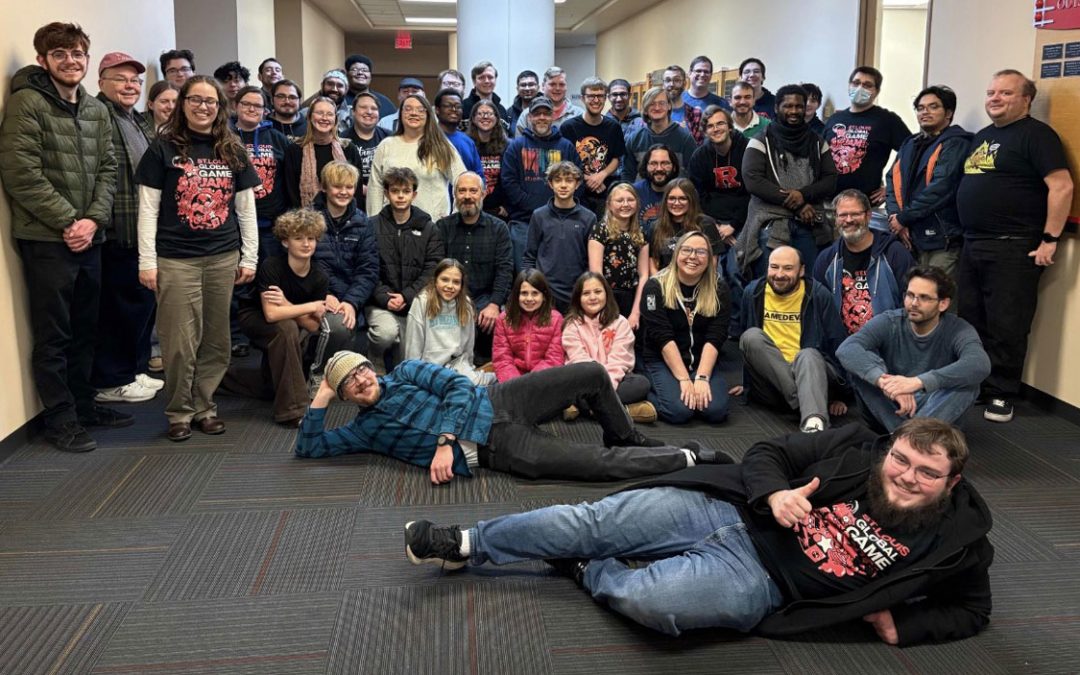
Jina Yoo, associate teaching professor of communication at UMSL, won the Frank Prize in Public Communications Research for her work examining the role of emotions in decisions about breast-cancer screening among African American women. (Photo by August Jennewein)
When it comes to encouraging African American women to seek breast-cancer screening, the fear factor might be getting in the way, according to an award-winning study by a University of Missouri–St. Louis faculty member.
Viewers who felt sad after watching videos discussing breast cancer were more likely to remember what they saw and more likely to want to seek out screening procedures like mammograms than those who felt afraid, according to the paper by Jina Yoo.
Breast cancer is the most common form of cancer among women in the United States. Mortality rates for the disease have been dropping since 2000, but mortality rates for African American women remain higher than those for Caucasian women. Black women are also less likely to get cancer screenings such as mammograms, which is why Yoo and the research team focused the project on them.
“Breast cancer is a very emotional subject,” said Yoo, associate teaching professor of communication at UMSL. “I wanted to know what kind of emotions are affecting a person’s decision to get a mammogram.”
The paper won the Frank Prize in Public Communications Research from the University of Florida College of Journalism and Communications.
Health Communication published “Understanding Narrative Effects: The Role of Discrete Negative Emotions on Message Processing and Attitudes Among Low-Income African American Women” in October. Yoo authored the paper with Matthew Kreuter and Choi Lai of Washington University in St. Louis, and Qiang Fu, of St. Louis University. Yoo performed the work through the Health Communication Laboratory at Washington University.
For the study, 479 African American women watched one of two videos produced for the project — one featured the personal stories of breast-cancer survivors, and the other presented information in a more objective way read by a narrator. Participants had to be over the age of 40 and come from low-income households. After watching one of the videos, participants were surveyed regarding their emotions and memory of the information presented. Participants also completed follow-up phone surveys several weeks after the initial survey.
Those who reported feeling fear were less likely to remember information about what they saw and were less likely to express a desire to seek cancer screening than those who reported sadness. Those who watched the narrative video also reported more recall of the information presented than those who watched the video that was strictly informational.
“Fear may not be the most effective emotion to induce in a health context,” Yoo said. “When people are afraid of something, they don’t want to think about it; they want to avoid it.”
Yoo said that she would like to create her own lab to study the role of emotions in the context of health decisions.














